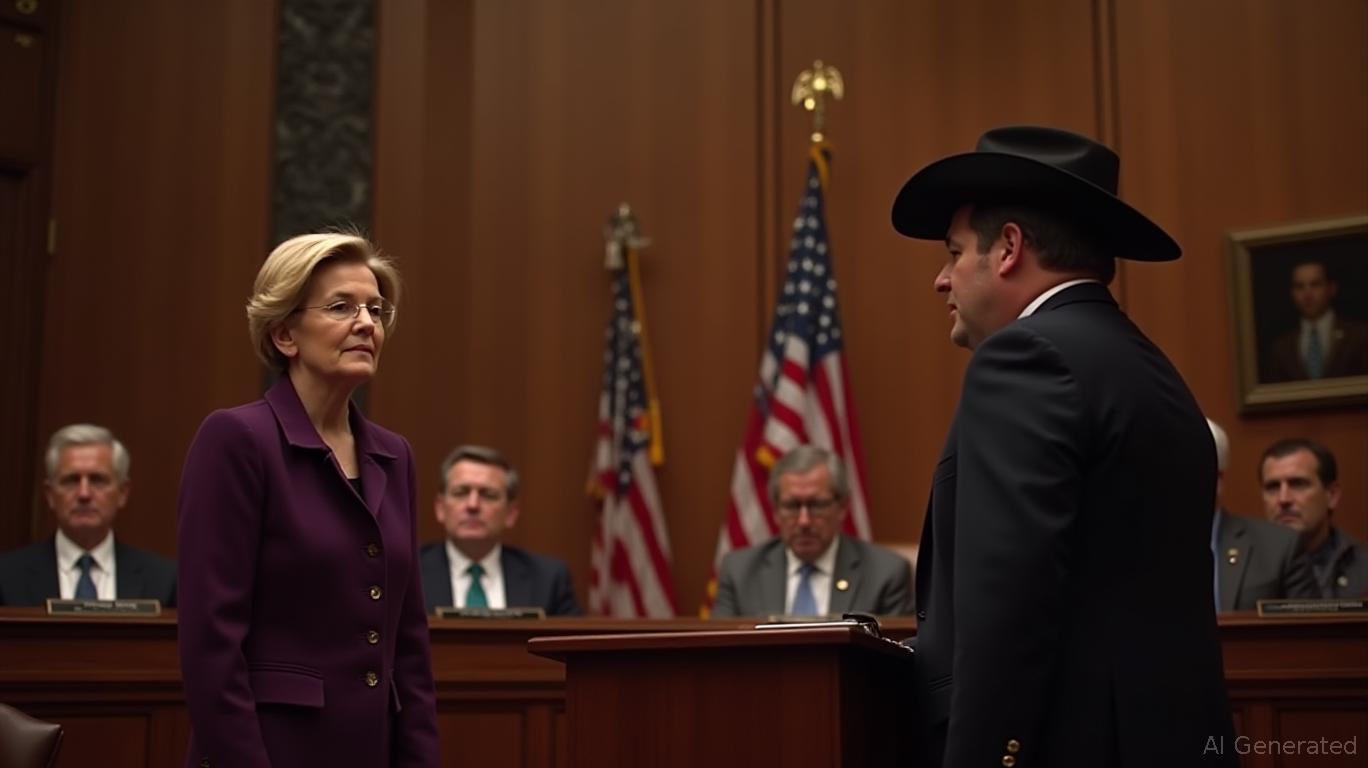Democratic lawmakers in the United States have put forward a
comprehensive anti-crypto bill
designed to limit the reach of digital currencies among government officials and their relatives. Opponents claim the legislation is a direct attack on President Donald
Trump
and his crypto-related activities. Spearheaded by Representative Ro Khanna (D-Calif.), the bill would bar public officials from participating in cryptocurrencies, memecoins, stablecoins, NFTs, and decentralized finance (DeFi) platforms during their tenure. It also requires that officials place their digital holdings in "blind trusts" both while in office and after, and demands complete transparency for all crypto dealings.
Khanna, who has openly criticized Trump's involvement with crypto, claims the measure is meant to prevent conflicts of interest and unethical financial gains. "No one should use public office for personal enrichment," he said, referencing the Trump family's participation in ventures such as
World Liberty Financial
(WLFI), a digital asset project associated with Binance founder Changpeng Zhao. The legislation also accuses the Trump family of using their influence to endorse a "murky and mostly unregulated network" of crypto businesses.
This initiative is part of a larger Democratic push to reverse Trump-era crypto-friendly policies. Just last month, Trump granted a pardon to Zhao, who had admitted guilt in anti-money laundering cases—a decision Khanna denounced as "outright corruption." The White House justified the pardon, saying it ended the Biden administration's "anti-crypto war" and reestablished American leadership in technological innovation. "The previous administration's extreme stance harmed the nation's reputation worldwide," said White House spokesperson Karoline Leavitt.
Although the bill is expected to face significant resistance in the Republican-controlled House, it highlights the growing partisan conflict over digital asset regulation. In a related development, Trump's pick to lead the Commodity Futures Trading Commission (CFTC),
Michael Selig
, a lawyer supportive of crypto, has vowed to focus on digital assets, suggesting a possible move toward more industry-friendly rules.
The Democratic initiative comes as crypto-focused legislation gains momentum in other states. In New Hampshire,
a proposal to ease restrictions on crypto mining
was halted following public concern about environmental consequences. House Bill 639, introduced by Republican Rep. Keith Ammon, aimed to prevent local governments from limiting mining operations and to establish a court docket dedicated to blockchain issues. However, a Senate committee voted 4–2 to send the bill for further review due to worries about energy use.
At the same time, the discussion over including crypto in retirement accounts has intensified. Senator Elizabeth Warren (D-Mass.)
condemned Trump's executive order
that permitted 401(k) plans to invest in cryptocurrencies, labeling them "shadowy markets" that lack adequate protections. "We can't allow Wall Street to risk Americans' retirement savings," she posted on X, echoing bipartisan apprehensions about safeguarding investors.
Khanna's proposal also ties into ongoing debates in Congress about openness. He has teamed up with Republican Rep. Thomas Massie to push a discharge petition that would force a vote on making classified Jeffrey Epstein documents public,
an action Massie highlighted
, comparing it to the accountability measures taken in the U.K. after Prince Andrew lost his royal title. "Wealthy and influential men in America enjoy protections that go beyond those of British royalty," Massie wrote on X, drawing connections between Epstein-related crypto circles and political immunity.
With the 2026 elections drawing near, cryptocurrency regulation is becoming a central issue. Following Trump's pardon of Zhao, Binance's BNB token
BNB
surged by 8%, also boosting WLFI's market value. Critics caution that this could open the door to foreign interference and regulatory capture. "This is not about party politics—it's about fairness and openness," Khanna emphasized, presenting the bill as a response to what he described as a "culture of impunity" among the powerful.
